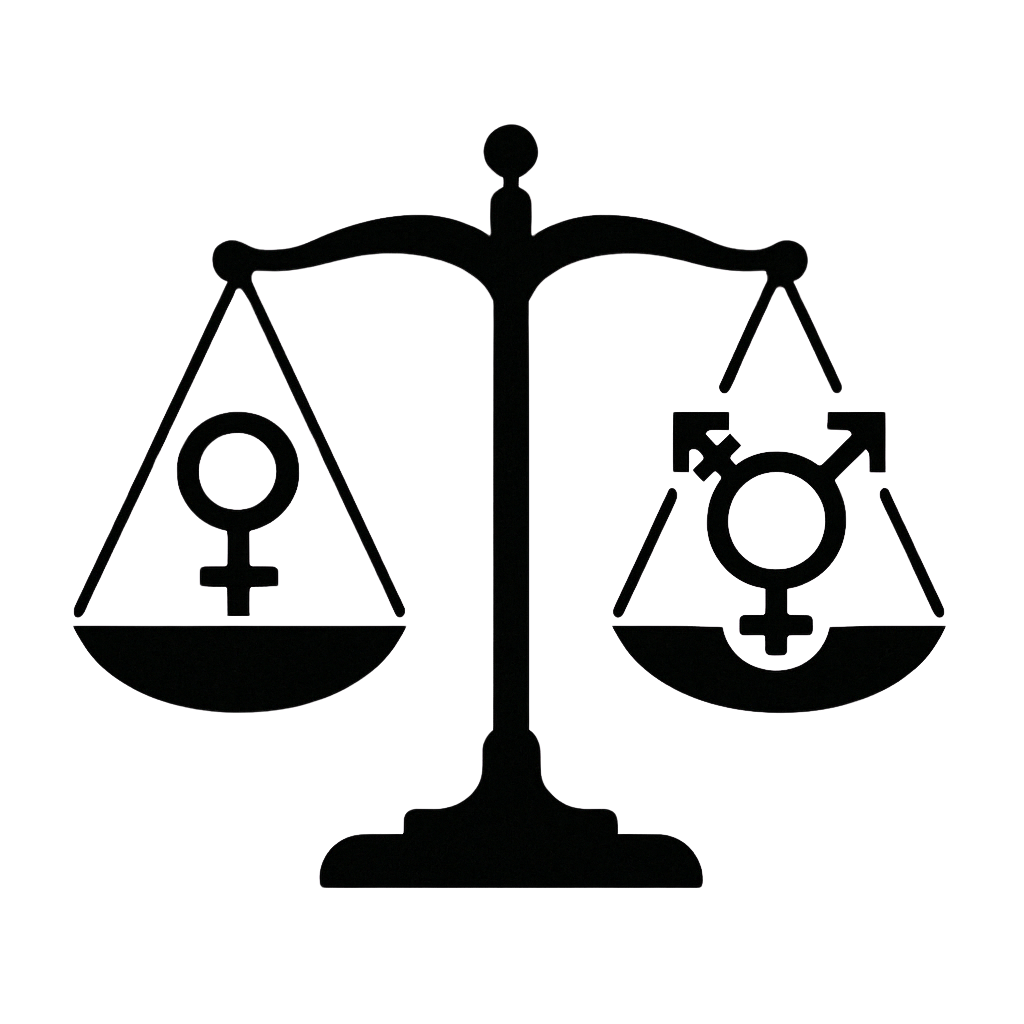
Missing the EU Already?
On 23rd January 2013, then United Kingdom (UK) prime minister, David Cameron, said he wanted to renegotiate the UK's relationship with the..
On 23rd January 2013, then United Kingdom (UK) prime minister, David Cameron, said he wanted to renegotiate the UK's relationship with the European Union (EU) and then give people the "simple choice" between staying in under those new terms, or leaving the EU.
Seven years and 8 days have passed since Cameron’s speech and so has a lot of water passed under the proverbial bridge.
Regardless of a clear majority of people in Scotland voting to remain, the nation will leave the EU today along with the other nations of the UK.
What are the potential implications of Brexit in respect of Equality, Diversity and Human Rights?
The Equality Act: the overarching equality framework in Scotland – The Equality Act 2010, is an act of the UK parliament. Whilst it is was originally modelled on several EU Equal Treatment Directives, it is effectively UK and not EU law. To that end, there aren’t any publicly known ‘Brexit’ related changes planned to The Equality Act.
The Human Rights Act: it is expected that our departure from the EU will effectively end our relationship with the European Court of Justice. A much talked about ‘British Bill of Rights’ is a likely replacement.
Citizen’s Rights / Settled Status: a report by the think-tank British Future in January 2019 found that with just a 5% rejection rate for the UK Government’s Settlement Scheme, this would leave as many as 175,000 EU nationals living in the UK undocumented and at risk of deportation by 2021.
Employment Rights: published in December 2019 the UK Government’s latest European Union (Withdrawal Agreement) Bill (or ‘EUWAB’ for short) removes provisions for workers’ rights that were contained in the earlier (October 2019) bill. These earlier provisions would have required a UK Minister in charge of a Bill related to workers’ rights to make a statement as to whether that Bill reduces workers’ rights as compared to what those rights were at the end of the implementation period. There were corresponding consultation and reporting requirements, and in situations where new EU legislation in relation to workers’ rights was made following the implementation period, a minister would be required to make a statement before Parliament on whether equivalent workers’ rights exist in domestic law. The new (December) EUWAB removes this provision to ensure transparency over any future changes or divergence in the UK from workers’ rights provided by EU law.37 The UK Government has stated that workers’ rights will be addressed in a separate bill.
Family reunion rights for asylum-seeking children: the removal of the obligation in the most recent EUWAB to negotiate appropriate agreements with the EU on unifying families and supporting extremely vulnerable children has been described as a ‘retrograde step’ by Lord Dubs, one that could leave hundreds of vulnerable children with family relations in the UK stranded alone in Europe.
European Charter of Fundamental Rights: one of the most significant pieces of EU legislation, the European Charter of Fundamental Rights, brings together all the personal, civic, political, economic and social rights enjoyed by people within the EU. The Charter is a powerful ‘living instrument’ for protecting rights, which is regularly updated to create new rights that reflect social change, including a range of rights to equality. For example, the Charter of Fundamental Rights includes freestanding rights to non-discrimination, the right to human dignity, and the protection of a child’s best interests (which do not have direct equivalents in UK human rights law). However, under the European Union (Withdrawal) Act 2018, the Charter of Fundamental Rights will not be retained in UK law after the UK leaves the European Union. The UK will also be entitled to amend the Equality Act (2010) without regard to EU law after Brexit.
Moving Forward:
Very little will change immediately as the UK will now enter a transition period with the EU which ends on 31st December 2020.
Whilst the EUWAB fails to include a binding commitment to comply with the European Convention on Human Rights (ECHR), only time will tell whether the UK will continue to contribute to the Council of Europe from where the ECHR originally hails. In the UK, our human rights under the ECHR are protected by the Human Rights Act 1998, but for many this legislation is nowhere near comprehensive enough. The UK Government has stated its commitment to ‘respect’ the ECHR. However, this lack of compliance is being interpreted by many, including the Scottish Government, as a potential weakening of human rights.
Thankfully the Equality and Human Rights Commissions in Scotland and the rest of the UK will continue to advise and lobby the UK Government towards healing the divisions and realising their positive vision for equality and human rights across all the nations of the UK, and they have set out clear plans for what they want achieve.
We can leave the EU - but we cannot leave Europe. As Brexit happens today, it will become more important than ever to engage with organisations like the Council of Europe so that the UK, and Scotland, continue to have a voice in discussions about the issues that affect us all - Leavers and Remainers alike.


.svg)

